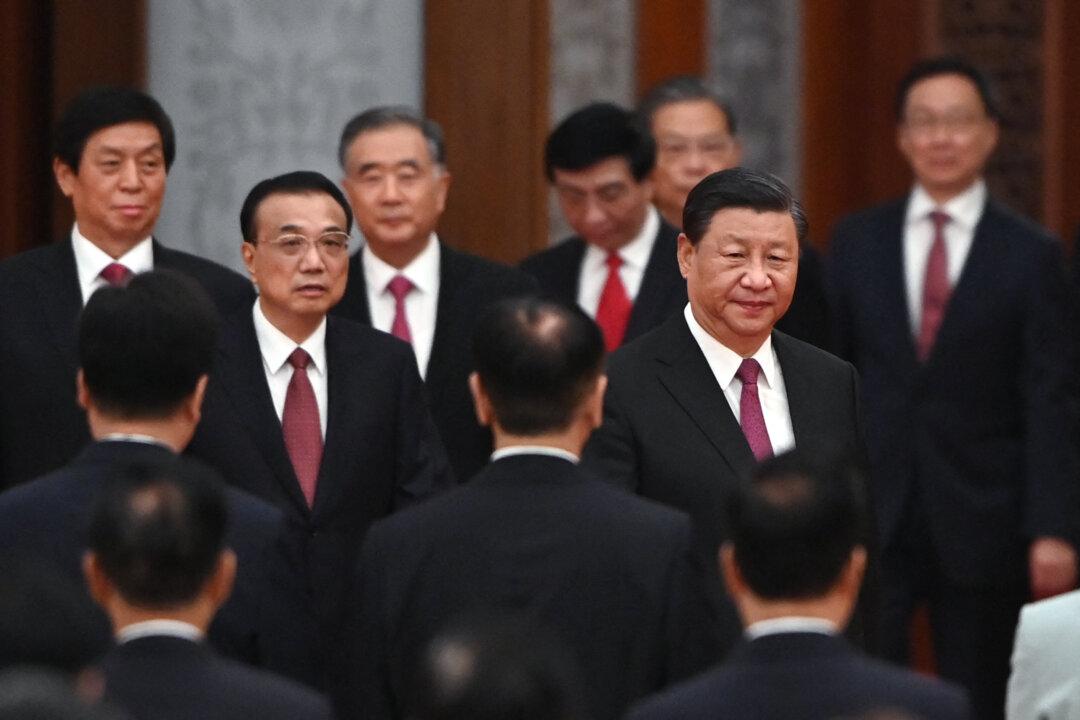Commentary
Wiretapping political opponents plays a significant role in the power struggle among Chinese Communist Party (CCP) officials.

Wiretapping political opponents plays a significant role in the power struggle among Chinese Communist Party (CCP) officials.